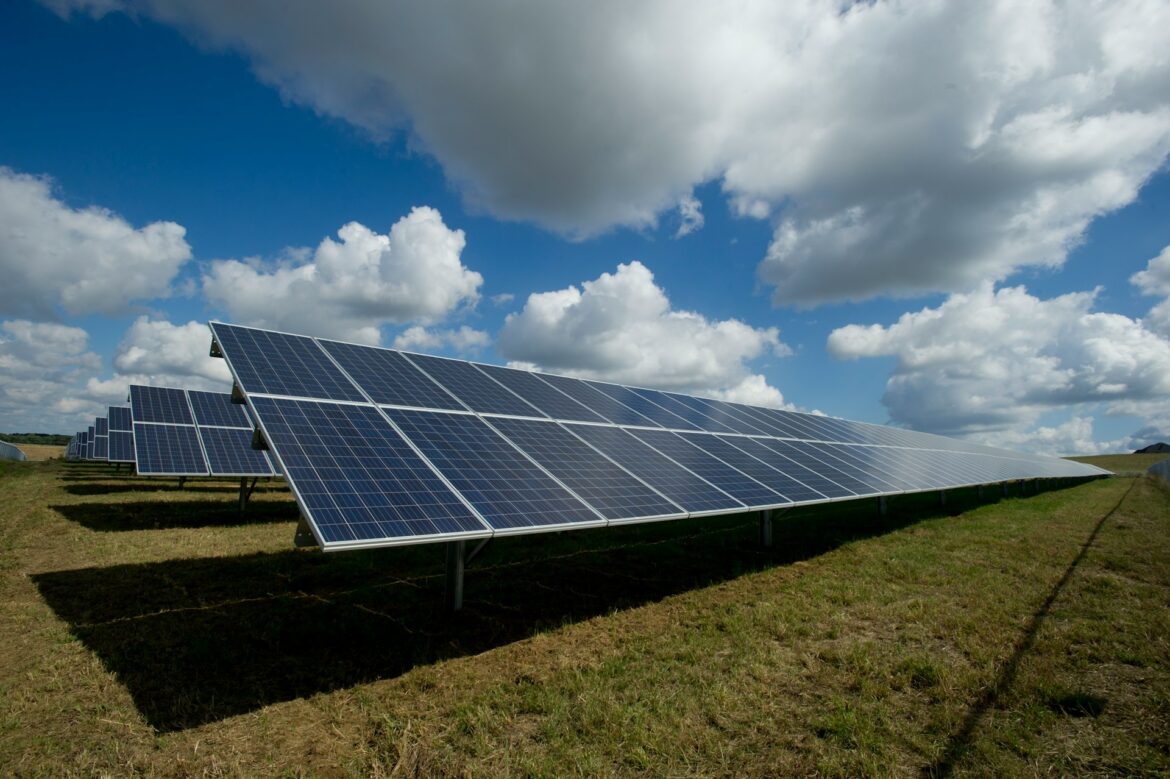Bangladesh faces significant financing requirements to achieve its ambitious renewable energy targets, with the Institute for Energy Economics and Financial Analysis revealing the scale of investment needed. Bangladesh will require more than $980 million annually till 2030 to materialise the target of producing 20% of electricity from renewable sources set out in the Renewable Energy Policy 2025. This substantial investment requirement reflects the country’s commitment to accelerating its clean energy transition. The government has established increasingly ambitious renewable energy targets under its new policy framework. Under the new Renewable Energy Policy, the government of Bangladesh aims to produce 20% of its electricity from renewable sources by 2030 and 30% by 2040. These targets represent a significant increase from current renewable energy capacity and demonstrate the nation’s commitment to sustainable development. Investment demands will continue past 2030, with funding needs increasing significantly in the subsequent ten years. To achieve its targets for 2030, Bangladesh must invest between $933 million and $980 million each year. Following 2030, this annual amount is expected to escalate to $1.46 billion. This escalating investment profile reflects the growing scale of renewable energy infrastructure needed to meet long-term goals. The renewable energy investment will focus on multiple technologies to diversify the country’s clean energy portfolio. Next, there would be projects for rooftop solar systems, solar irrigation, wind energy, and converting waste into energy.This diversified approach ensures Bangladesh can harness various renewable resources while reducing dependency on any single technology. Despite the substantial investment requirements, Bangladesh faces several challenges in mobilizing the necessary capital. Policy uncertainty, offtaker and currency risk, land acquisition challenges, and a downgraded sovereign rating may limit capital flows into the renewable energy sector in Bangladesh. These barriers highlight the importance of creating favorable investment conditions to attract both domestic and international funding. The country’s renewable energy expansion is critical for both economic and environmental reasons. Bangladesh is facing a double whammy. On one hand, climate-change-induced events continue to ravage the country, compelling it to spend 6-7% of its annual budget on adaptation each year. On the other hand, transitioning to capital-intensive clean energy is also a necessity for the country. This dual challenge makes successful renewable energy financing even more crucial for national development. As we look forward, the need for investment in renewable energy in Bangladesh offers both hurdles and potential. The substantial funding needs underscore the scale of the energy transition, while successful implementation could position the country as a leader in clean energy development among emerging economies.
Bangladesh Needs Nearly $1 Billion Annual Investment to Meet Renewable Energy Goals
50


